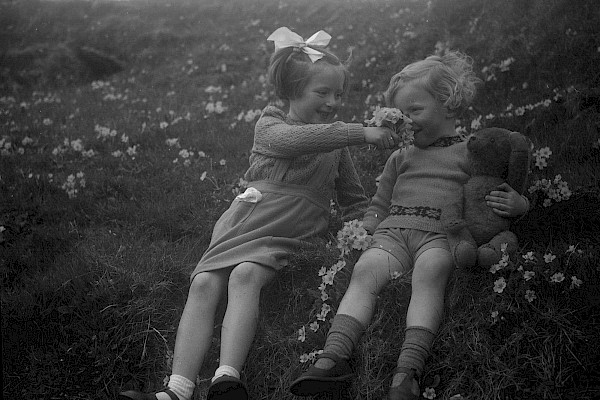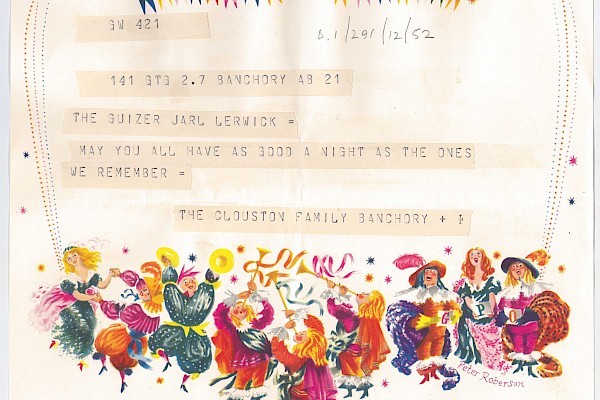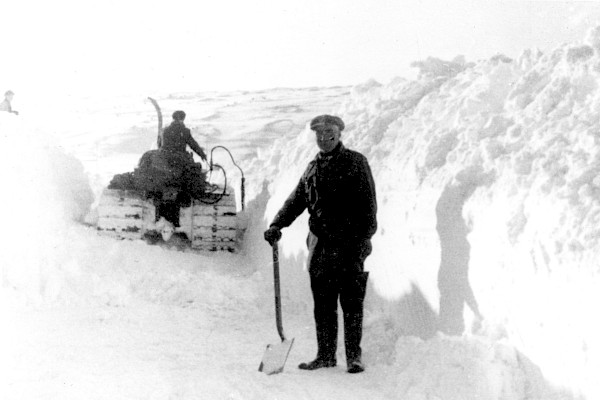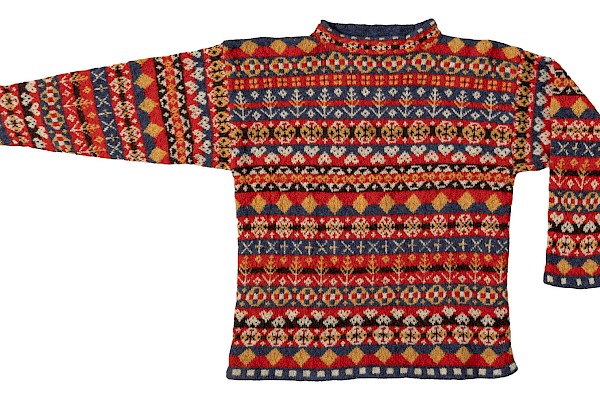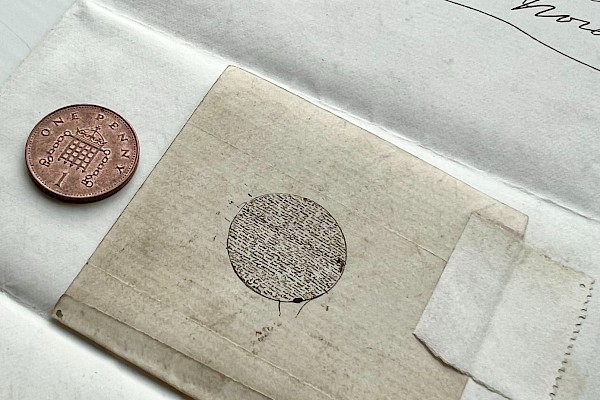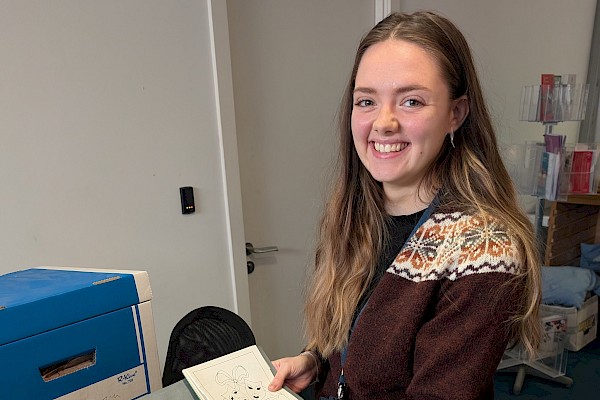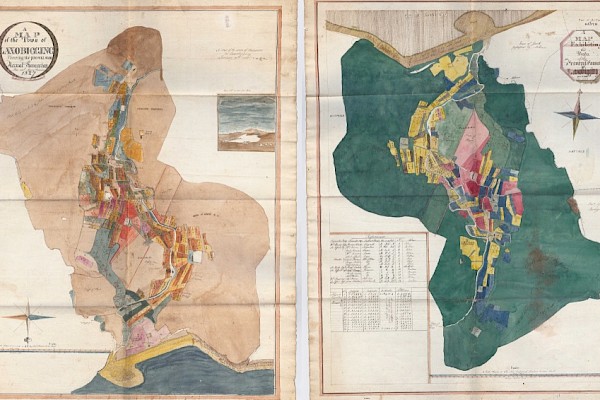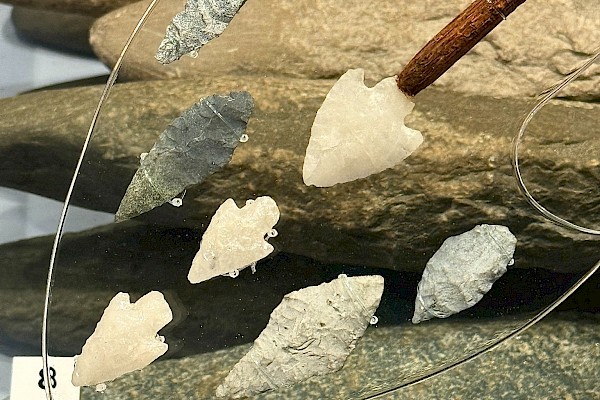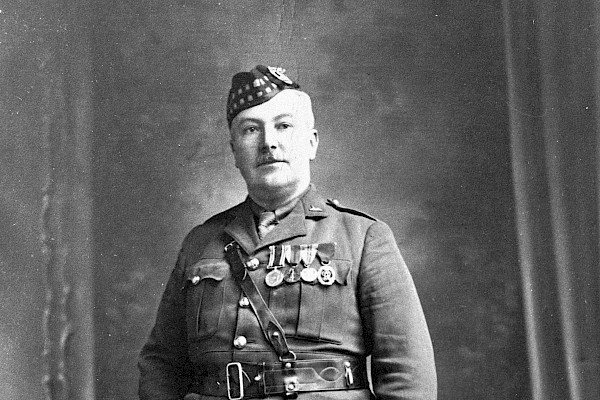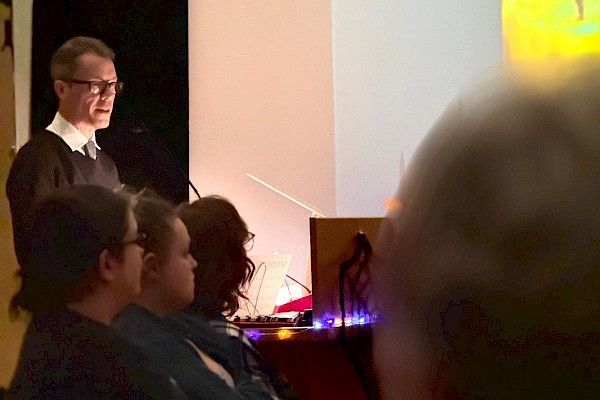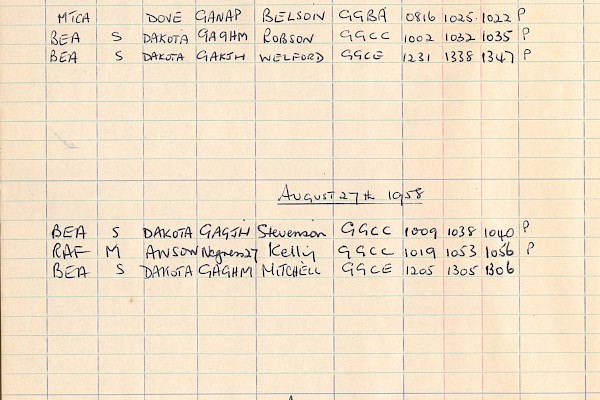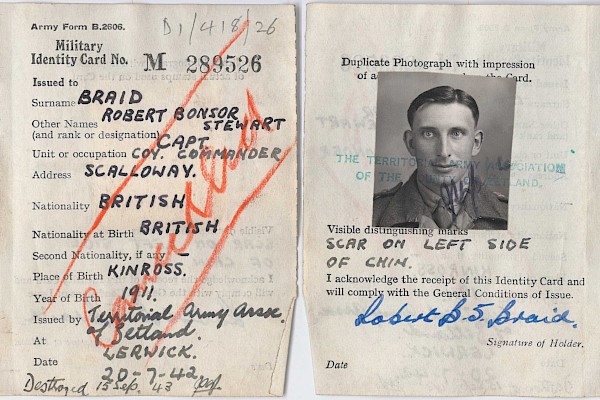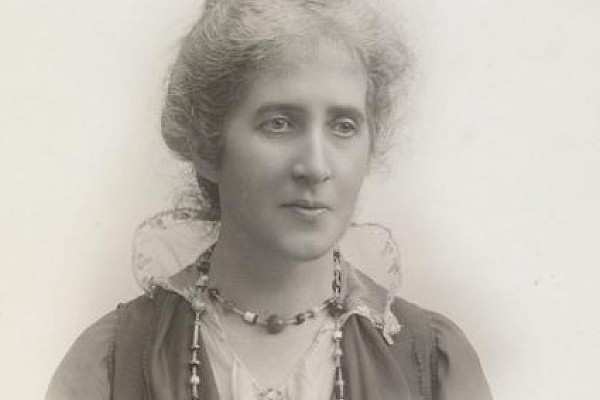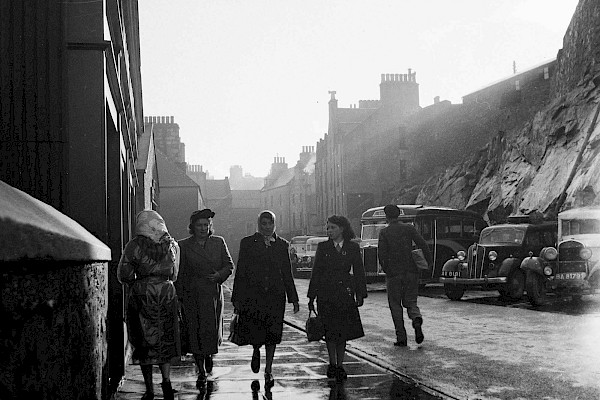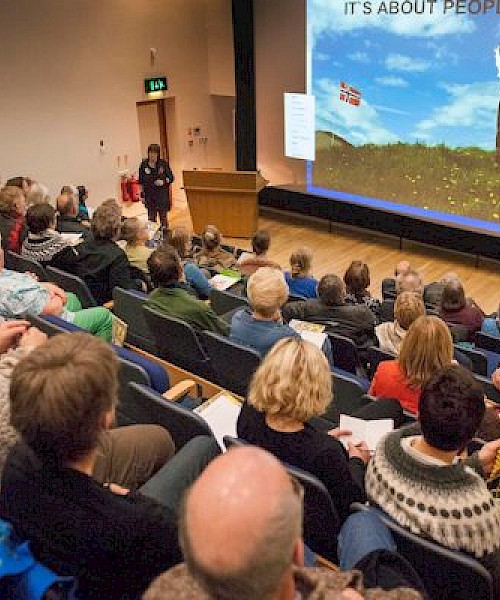Memories of VE Day 80 years ago
The eighth of May is the eightieth anniversary of the Victory in Europe. Plans for the seventy-fifth anniversary in 2020 were largely cancelled and the anniversary passed in the stillness of the Covid lockdown. There are few people alive now who can recall VE-Day clearly, and fewer still who can recall it as members of the armed forces. VE-Day is becoming a matter of retrieving records, rather than personal experience recounted by the living.
The Shetland Times archive online (up to 2000) shows an interesting pattern for VE-Day searches. There are two peaks – one for 1945 itself and another for 1995, the fiftieth anniversary. By that time the military veterans were at least in their late sixties, retired people mostly, their experiences liable to pass with them. There’s an article about them. A local paper, able to produce an extended piece on how important events affected people here is an important asset for a community.
We all think of various things when VE-Day is mentioned - celebration and release, the crowd at Buckingham Palace, the princesses out among the people. But VE-Day took place across the world, and it wasn’t all like that. An anonymous Lerwick man at war near Rangoon in Burma remarked that he’d heard news of peace in Europe, but “not much peace here.” In Lerwick, Jemima Hepburn, age 19, working in a Lerwick hospital got a dance in, but as a responsible soul she returned home because she had to work next day. One of her jobs shortly after was taking down the hospital blackouts, bringing the light back.
Marjorie Manson, working in the NAAFI, went to a packed celebration in Lerwick at a North Road venue. It all ended at one a.m. There were no taxis and she got back to her accommodation on board an army truck. Arthur Fullerton, in the Royal Navy at Chatham got three days leave and went into London. Not all London ended up in Trafalgar Square or at the palace, and nor did he. He remembered people welcoming him into their homes, and “party after party.”
Andrew Williamson, serving in the Navy but later on in life the Shetland Museum curator, didn’t get to party. He was off Yarmouth, but his vessel couldn’t get in because of the weather. He did watch the Yarmouth lights coming back on. People who remember VE-Day often remark on lights coming back.
Billy Kay was a young Lieutenant in the Reconnaissance Regiment in North Germany. His unit had a couple of armoured cars obliterated by powerful repurposed naval mine earlier on. They hadn’t been able to retrieve the casualties, but could when the firing stopped. One man was alive, badly mutilated, and died later. They were buried in shallow graves on VE-Day. He had a sombre day to reflect on fifty years later. The war had ended, but war’s consequences hadn’t.
The awfulness did end, the war in the east ended in September, and the transfer of troops to the expected Japanese conflagration didn’t take place. Wherever you were on VE-Day and whatever the circumstances, it meant a real prospect of demobilisation and going home. John William Henderson, sailor on the HMT Golden Emblem at Hvitanes Hvalfjördur, Iceland, wrote home on the ninth of May. His letter is still with his family. He wrote about the boats blowing their whistles and setting off flares, “sometimes I hardly think it possible,” he said about the end of the war. Over three pages he mentions “home” nine times.
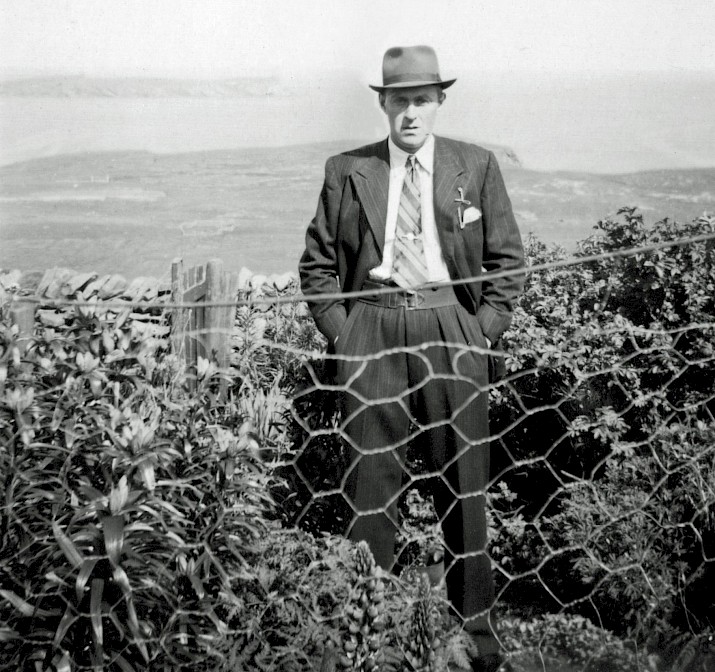
Demobilised men got a demob suit. There were many jokes about those, but a Mass Observation report suggested there was a mostly positive response. Some fitted well at any rate and were cherished. For quite a few young men it may have been their first suit. Women in the services got clothing coupons.
After VE-Day conscription for men carried on, to be replaced by national service starting in January 1949. Peace had come, but an armed peace, with arms races. It’s worth remembering some parts of the world that have had only limited periods of peace since 1945. Shetland’s men and women at war in 1945 were able to return home in 1945 and ‘46, and enjoy life here again in a long period of peace in Europe. Europe was without major bloody conflict until the present.
